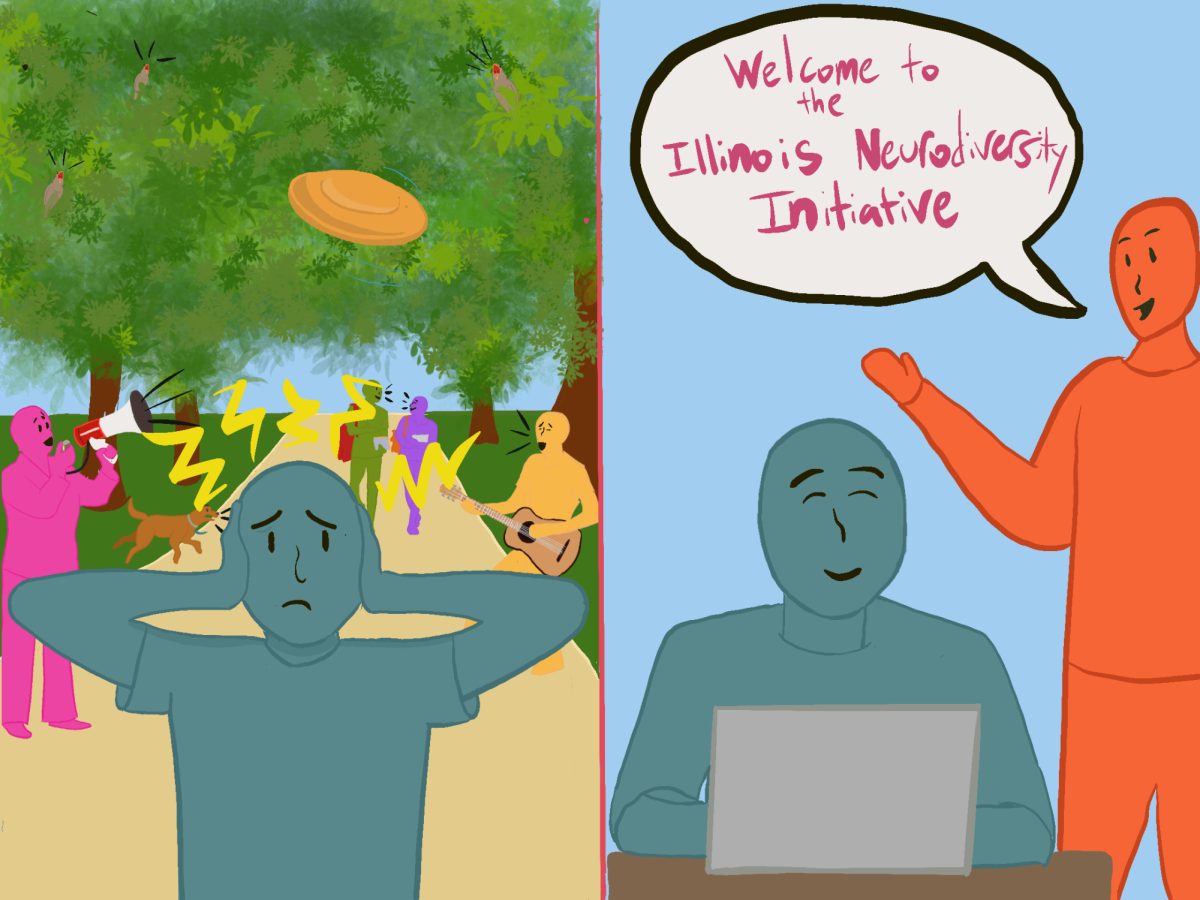Debt and jobs dominate the headlines — We have too much of the first and too little of the second. Conversations are filled with anecdotes about parents being laid off and recent graduates having a rough time in the real world. In this climate, it would make sense for people to become cynical about their economic prospects.
However, 21 percent of Americans believe that they will become millionaires within the next 10 years, according to an Associated Press-CNBC poll released Sept. 19. Currently, only 5 percent of Americans are millionaires and news about the economy is rarely good, making this optimism seem a bit unrealistic.
“It’s not possible that in 10 years, 20 percent of the population will (be millionaires),” said Mattias Polborn, professor in economics.
So why do so many Americans remain hopeful in the face of such long odds?
Dorothee Schneider, professor in history, said that this type of thinking is not unusual in the American culture. The belief that with enough hard work you can achieve anything is one of the defining characteristics of the American culture. This attitude makes it easier for people from lower or middle class backgrounds to think that they will break into the ranks of the upper class.
Get The Daily Illini in your inbox!
She said that one of the reasons the idea is so pervasive is because the United States is continuously gaining new immigrants.
“Immigrants come from elsewhere … their social class and identity needs to be constructed from scratch, so (they) hope it means mansions, servants and so on,” she explained.
Another reason this thought process is so common is because the majority of extremely wealthy Americans earned their money, whereas most of the upper class in Europe inherited theirs. This has been true in America since the 19th century, when many Americans became rich off of the emerging railroad system. Schneider said that the implications of this fact are often misunderstood though.
“Ninety percent of (millionaires) were nouveau riche, but what percent of railroad workers do you think became rich?” she asked.
Even though most prosperous Americans did not inherit their money, it doesn’t mean that upward mobility is extremely common — only a small percentage of Americans will ever be worth a million dollars.
Schneider said that contemporary America has its own version of these railroad tycoons in the form of software mavens like Mark Zuckerberg and the recently departed Steve Jobs. However, she maintained that their success stories have been oversold.
“It’s underemphasized that a lot of these software millionaires came from places of privilege,” she said.
Americans have a much brighter outlook on the economy than other advanced economies. For instance, the same poll found that only 8 percent of people living in the U.K. think they’ll become millionaires in this time frame. Polborn said the United States is more economically mobile, but the difference is not as great as Americans think it is.
“In the (United States), the perception is that everybody can become a millionaire; in Europe people are much more pessimistic. The reality is that the two are much closer,” he said.
Since the 1980s, economic mobility has been on the decline in America, making it more and more difficult for ordinary Americans to make significant gains. Though it seems contradictory, Schneider pointed out that the economic downturn of recent years has given the dream of millionaire status more power over the American mind.
“The image and the lure of fame and fortune have increased as the reality of it has become ever more remote,” she said.









